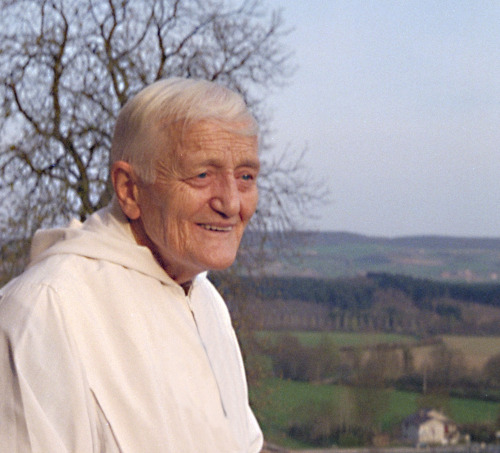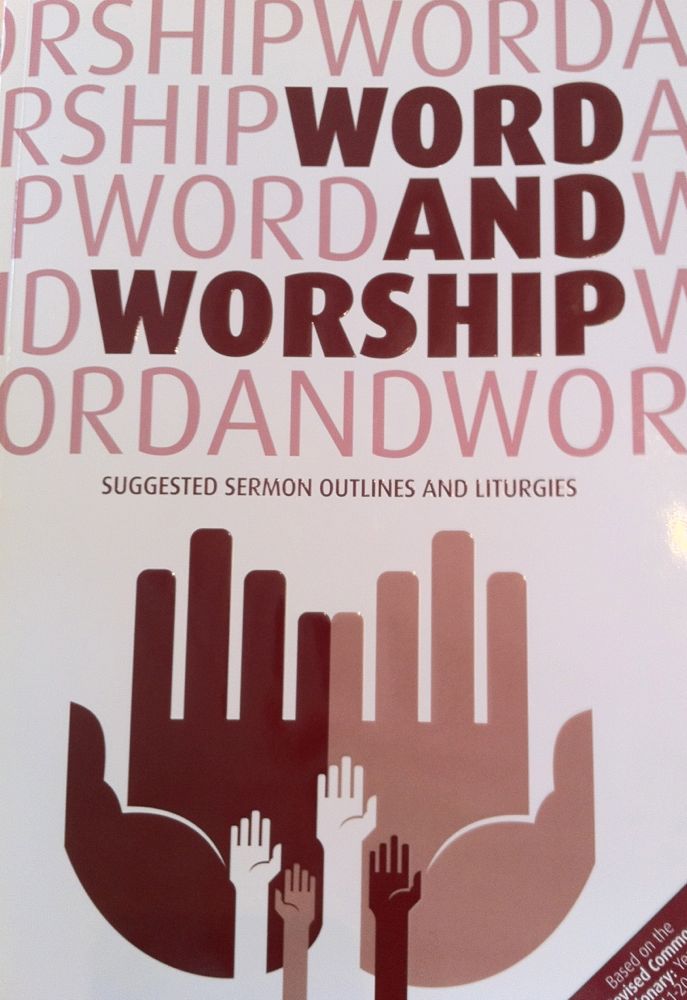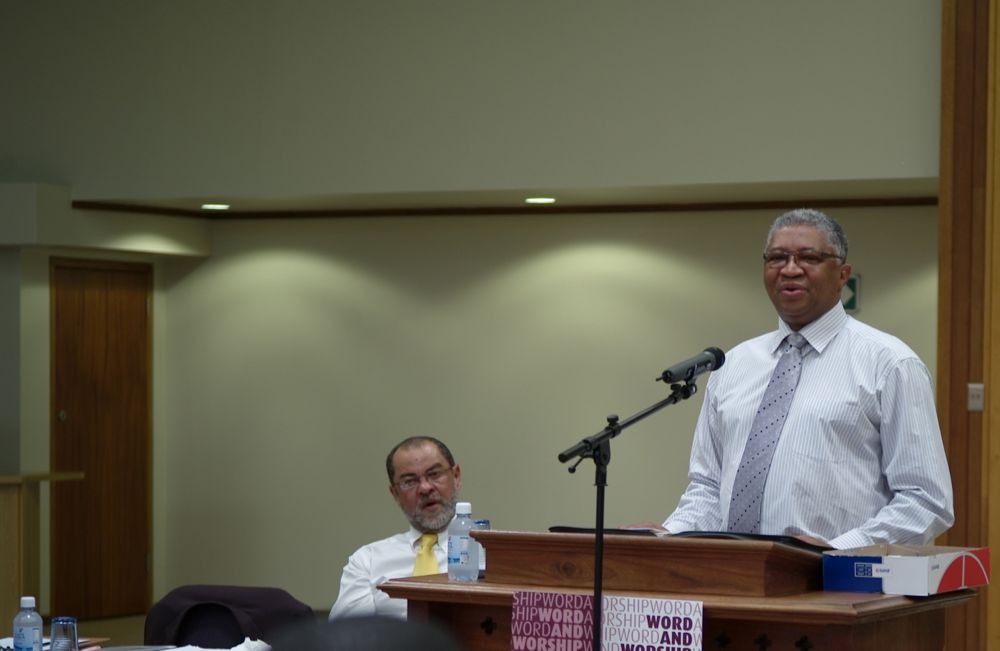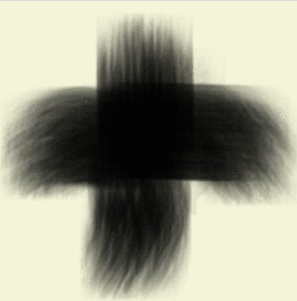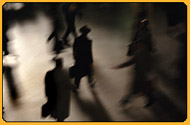 My last post indicated that I was about to enter the Chapel service to worship with our students. Rev Kedibone Mofokeng led the service. I've retyped her liturgy below (with some slight amendment, and excluding the Xhosa and Tswana prayers and hymns). The responsive sections are printed in italic script.
My last post indicated that I was about to enter the Chapel service to worship with our students. Rev Kedibone Mofokeng led the service. I've retyped her liturgy below (with some slight amendment, and excluding the Xhosa and Tswana prayers and hymns). The responsive sections are printed in italic script.
Opening prayer:
Let us pray:
Let us sing a new song to our Lord, a song praising and thanking God for this day.
A song of joy and happiness
Celebrating endurance and peace!
A song of love and victory, A song of faith and power.
O let our voices hover with the wind! Clap hands with the warmth of the sun and shout with the noise of the birds!
For our blinded eyes are opened, and our deafened ears unstopped; our crippled feet are leaping, and our muted tongues have found their real song.
Loving God, you have delivered us through another night. You have brought us, like your Son Jesus, from that world created and ruled by our wishes and hopes, and ushered us into the world that you, alone, create and rule.
For the grace that has searched for us, and found us, we praise You gentle Creator
Silent reflection:
You found what we were doing, and you intervened. 'Come and do it the right way, let us do it together, come and do it with me' you said.
We thank you Lord, for intervening in our lives.
In the beginning
Before time, before people
Before the world began
God was.
Here and now
Among us and beside us
Joining the people of the earth from different tribes, and tongues, and nations
For the purpose of your Kingdom
God is.
In the future,
when we have gone our separate ways
and we continue to fulfill our calling.
God will be.
Not denying the world, but delighting in it,
Not condemning the world, but redeeming it,
Through Jesus Christ,
By the power of the Holy Spirit,
God was, God is, God will be.
Closing prayer:
Speak your Word, O Lord, as you spoke your Word in the beginning, and in Nazareth, and on Pentecost. As we do our work today we shall be your faithful servants and witnesses, using our work as worship. Amen.
Technorati tags: Litrugy, Prayer, Work, Creation
 Thursday, April 9, 2020 at 9:48AM
Thursday, April 9, 2020 at 9:48AM 

